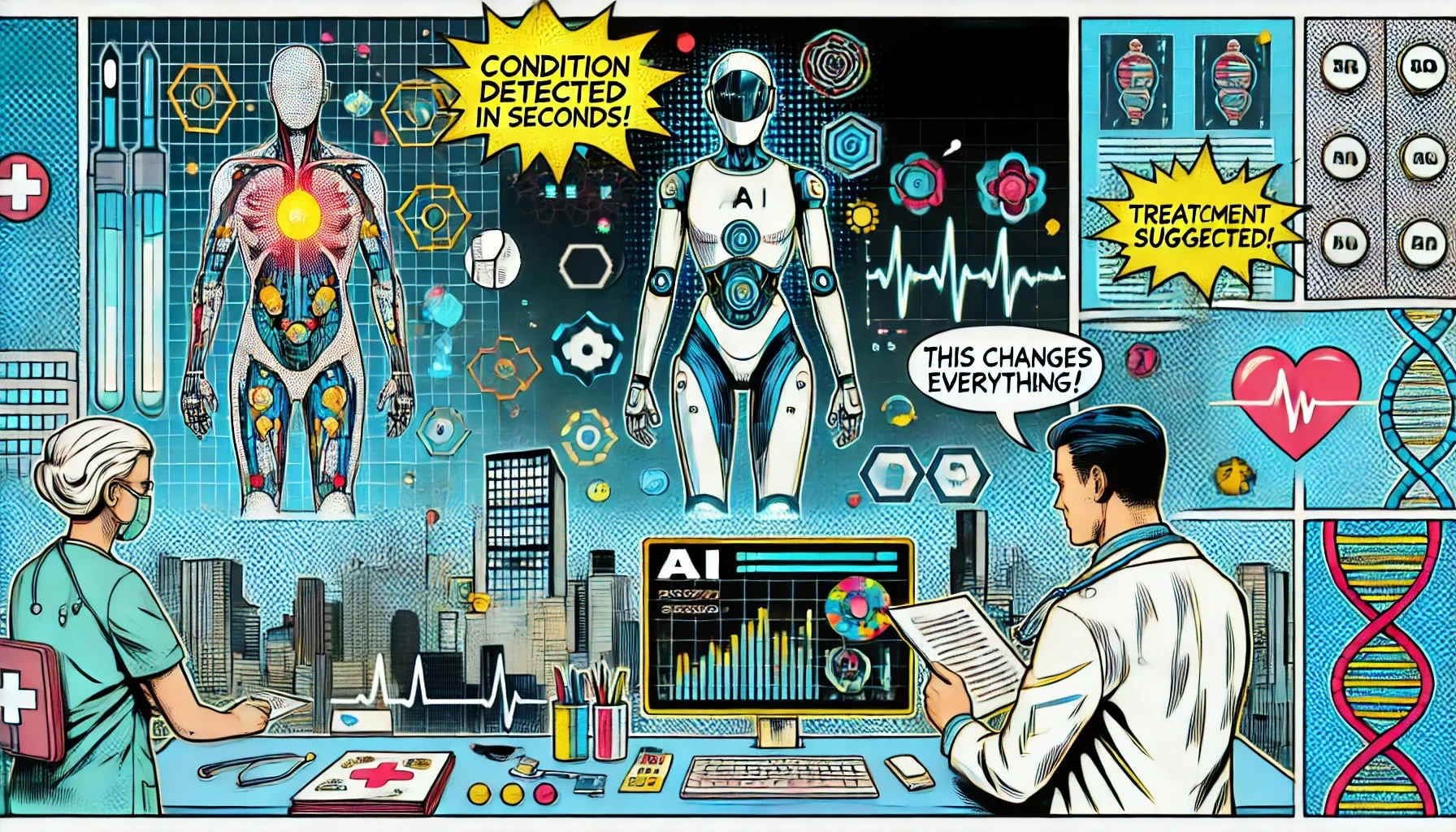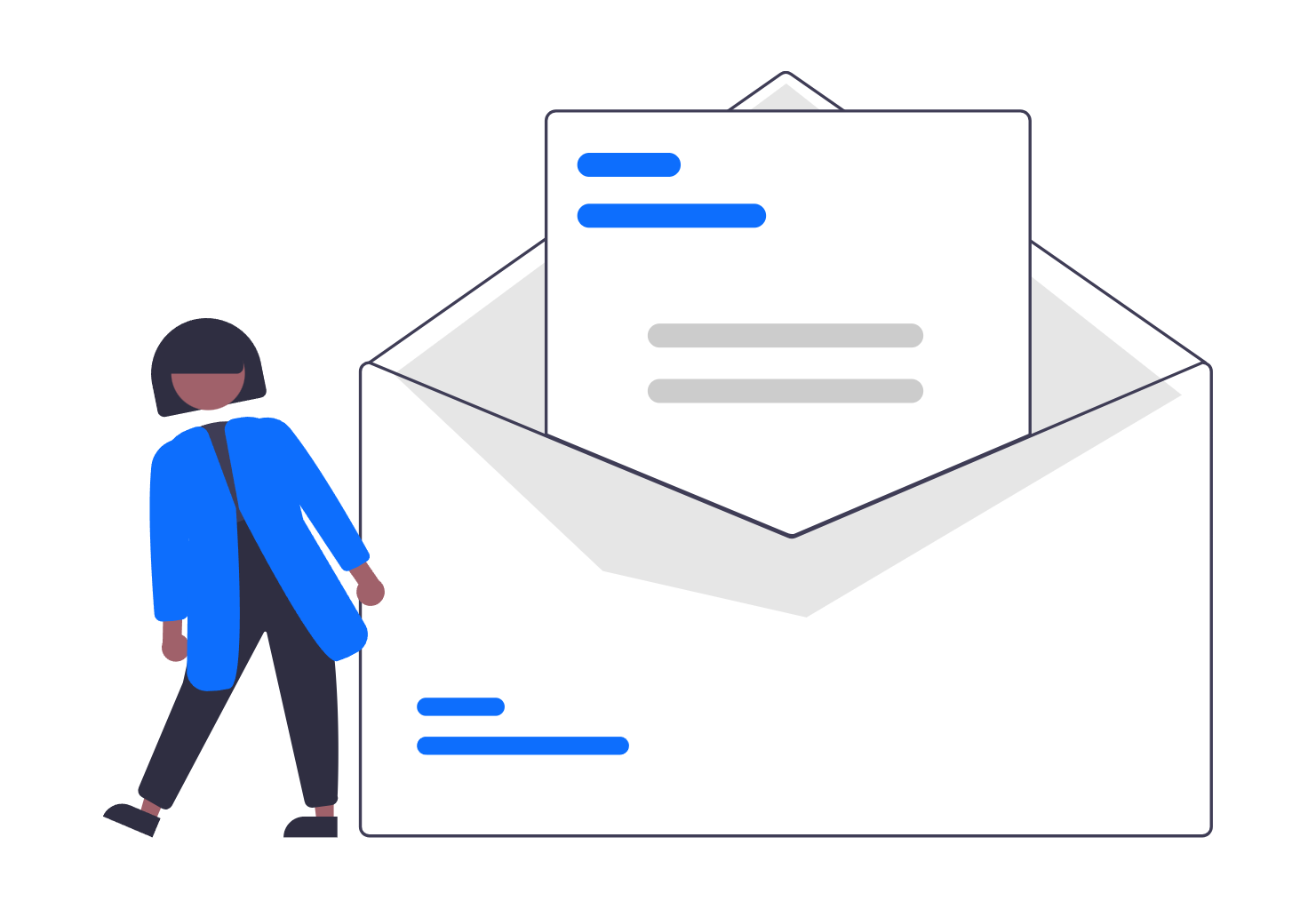
AI-Powered Diagnostic Tools Transform Healthcare with Enhanced Precision
Artificial intelligence (AI) is rapidly changing the way doctors detect and diagnose diseases. According to a detailed new report published in April 2025, AI systems are now being used across thousands of hospitals worldwide to examine medical images, monitor patient data, and deliver faster, more precise diagnoses. These cutting-edge tools help healthcare workers catch problems like cancer, heart disease, and infections far earlier than traditional methods. One of the leading experts in this movement is Dr. Anthony Chang, a pediatric heart specialist at CHOC Children’s Hospital in California. He is using AI to help improve care for young patients in ways never before possible.
Dr. Chang and his team have created AI systems that can read heart scans, analyze blood work, and alert doctors to potential problems in seconds. These systems allow doctors to make smarter and faster decisions while giving patients the best chance at early treatment and recovery. The use of AI in healthcare is growing quickly, and many scientists believe this technology could change medicine forever and save millions of lives around the globe.
Over the last 10 years, AI has been slowly introduced into healthcare. At first, it was mainly used in labs and offices to organize files, manage schedules, or help with research. However, over time, experts started training AI programs to read medical images like X-rays and MRIs. These AI systems learned to recognize patterns—sometimes even better than the human eye could. Doctors then began using AI to help diagnose serious diseases such as cancer, strokes, and heart conditions.
Dr. Anthony Chang has been a trailblazer in this field. At CHOC Children’s Hospital, he has partnered with engineers and data scientists to design AI that supports pediatric cardiologists by finding heart problems early. What started as a local project has now spread to many other hospitals in the United States. Dr. Chang’s work shows how powerful it can be when doctors and technology teams work together to improve healthcare for all ages.
Key Facts & Details
How AI Tools Analyze Medical Images and Patient Data AI systems are trained using thousands of examples of real medical data. These tools study images like X-rays, CT scans, and MRIs and learn to recognize signs of illness such as tumors, organ damage, or abnormal structures. In cancer diagnosis, for example, AI can detect small growths that doctors might miss due to size or placement. But AI doesn’t stop with pictures—it can also process blood test results, heart rhythms, oxygen levels, and doctor notes to build a full understanding of a patient’s health. This detailed analysis helps doctors make better, faster decisions and start treatment earlier, improving survival rates and patient outcomes.
Long-Term Monitoring and Predictive Care AI is not just used for one-time tests. It can also monitor patients over weeks or months using wearable devices like smartwatches or heart monitors. These devices send data about heartbeats, breathing, and movement back to doctors. If the AI finds something unusual, it can quickly alert medical staff or even contact the patient directly. Some systems are now smart enough to predict health issues before symptoms show up. For example, an AI might warn about a possible asthma attack or heart failure days before it happens. This type of early warning helps patients stay safe and avoid emergency room visits.
Speed and Efficiency in Diagnosing Illness Another key benefit of AI in healthcare is speed. A doctor might need an hour to read a medical scan, but AI can do it in just a few minutes—or even seconds.
This means patients don’t have to wait long for results, and doctors can begin treatment right away. In emergencies like strokes or heart attacks, this speed can be the difference between life and death. AI also helps with hospital organization.
It can schedule appointments, find the best treatments based on data, and make sure important details aren’t missed in a patient’s file. These improvements help reduce delays and give doctors more time to focus on what matters—caring for their patients.
What the Experts Are Saying “AI is the most powerful tool modern medicine has,” said Dr. Anthony Chang. “It helps doctors make better choices without replacing their judgment.” He believes AI can especially help hospitals in areas with fewer specialists. “With AI, we can offer world-class care in every corner of the country,” he added. Other doctors agree. Dr. Rachel Tan, a medical researcher from the Journal of Digital Health, said, “Our studies show that AI improves diagnostic accuracy and helps doctors feel more confident in their decisions.” She noted that hospitals using AI have seen big improvements in patient outcomes and staff efficiency.
Important Numbers to Know
- Hospitals using AI tools report disease diagnosis speeds up to 50% faster than traditional methods.
- AI systems have identified early-stage lung cancer with 94% accuracy.
- More than 3,000 hospitals across 40 countries now use AI in daily operations.
- Patient recovery time improved by 20% in hospitals that used AI to design treatment plans.
- At CHOC Children’s, Dr. Chang’s team reduced missed diagnoses by 40% after adding AI tools.
- Predictive AI systems have cut emergency room visits by 25% in chronic disease patients.
Analysis & Impact
AI’s Impact on the Future of Healthcare AI is changing what hospitals can do. With earlier diagnosis and faster treatment, patients stay healthier and spend less time in the hospital.
Doctors have more confidence and fewer errors when supported by smart AI tools. Over time, AI could also help create custom-made treatments using a person’s genes, lifestyle, and family history.
This kind of personalized medicine would improve care even more and reduce costs. Small hospitals and rural clinics are already seeing the benefits of AI, since it helps them provide top-level care even when they don’t have many specialists on staff. As AI continues to improve, it could also play a major role in global health, helping doctors around the world share data, learn faster, and treat diseases together.
Challenges and Risks to Watch Even with all the benefits, there are still problems that need attention. Not every hospital has enough money to buy AI tools, and these systems require strong computers and well-trained staff.
Data privacy is also a major concern—AI systems use a lot of personal health information, so hospitals must protect that data carefully.
Some people also worry that AI might replace doctors, but experts say that’s not true. AI is meant to help doctors, not replace them. Still, doctors must always check AI results to make sure they are correct. If the system makes a mistake, a human doctor needs to catch it. Hospitals must also keep testing their AI tools to be sure they are working properly and giving the right answers.
Resources & References
- HealthTech Today – 2025 AI in Diagnostics Special Report
- Journal of Digital Health – AI Impact in Pediatrics
- World Health Organization – AI and Global Health Access
- CHOC Children’s Hospital – Dr. Anthony Chang’s AI Program Overview
- American Medical Association – AI Guidelines for Patient Safety
- Harvard Health – Future of AI in Personalized Medicine
AI is transforming the way doctors care for patients. From finding diseases early to helping plan better treatments, AI is giving healthcare teams more tools to do their jobs well. Doctors like Dr. Anthony Chang are showing how technology and human care can work together to save lives. As more hospitals and clinics begin using these tools, we could see major improvements in how healthcare works across the globe. But it’s also important to stay careful, protect patient data, and make sure AI is used in safe and fair ways.
What do you think? Should every hospital use AI to help find and treat diseases? Would you be okay with a computer helping your doctor with a diagnosis? Tell us in the comments, and explore to follow more stories about how AI is shaping the future of healthcare!


